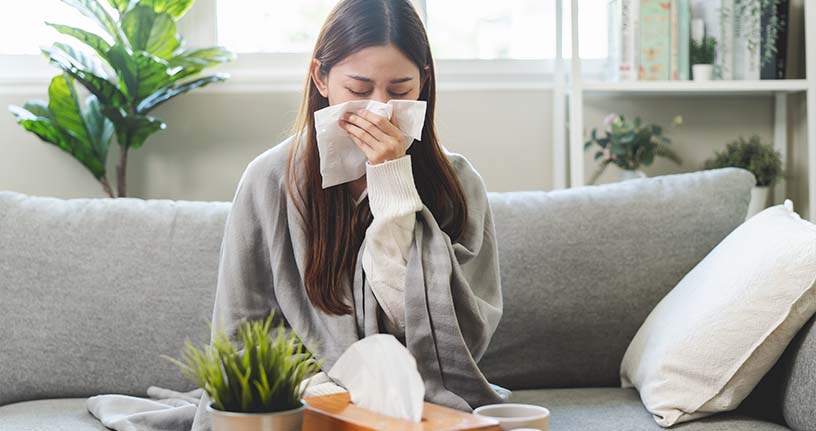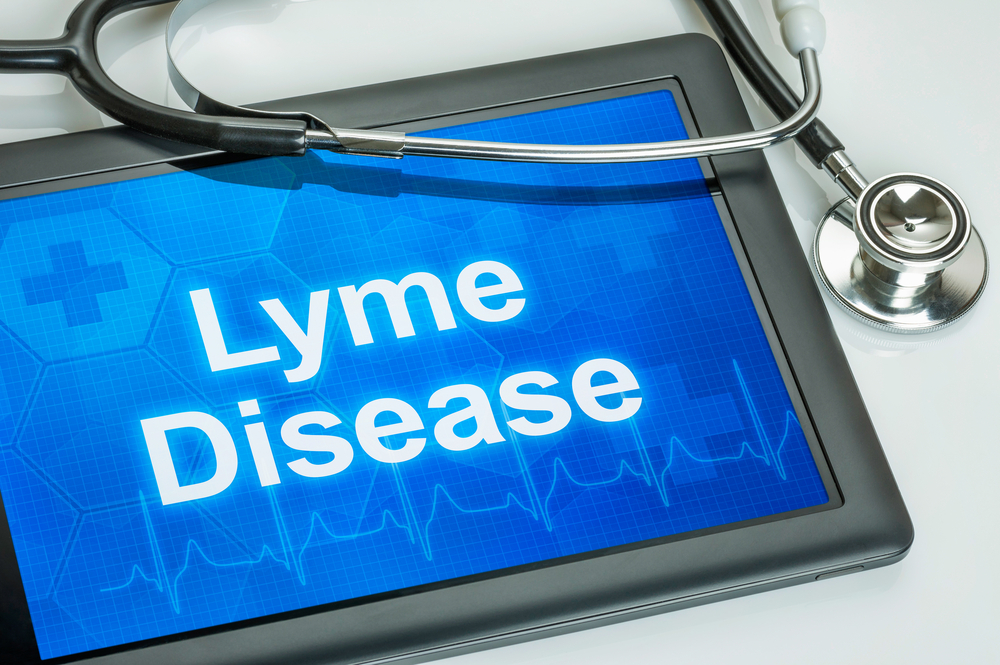The common cold is a viral infection of the respiratory tract. This includes the nose, sinuses, and throat. Common cold also affects the ears and lungs. Cold is the most common disease in the world. Cold symptoms affect people of all ages, but most often infants and children, and may occur two to ten times a year in an individual.
Frequent signs and symptoms of cold
Common cold symptoms include:
-
- Runny or stuffy nose and watery nasal discharge eventually become thick and yellow.
- Blocked nose, coughing and sneezing
- Fatigue
- The throat feels scratchy or sore
- Watery eyes
- Mild headache
- Low-grade fever
- Cold and flu symptoms become slow. Flu symptoms are more sudden and include major aches, sweats, possible severe sore throat, chills, major aches, chest discomfort, and cough.
They cause any of at least 200 virus strains. Virus particles spread through the air from one individual to another. Colds are often spread with handshaking. Some get confused between cold and cold sore symptoms. Cold sores symptoms include cold sore or fever blisters. It is a common viral infection. These appear as tiny, fluid-filled blisters on and around the lips.
The Do’s of easing cold common cold symptoms
When you develop the first sign of cold, you may look to stock up on numerous remedies. But what is effective? While there is no cure, some proven remedies can treat cold symptoms. Here is a guide to what works and what to avoid.
-
- Stay hydrated: Consuming warm liquids such as tea and warm water with lemon or broth can ease congestion, prevent dehydration, and be soothing. Avoid salty foods, sugary drinks, alcohol, and coffee, which can dehydrate.
- Saltwater gargling: Add one teaspoon of salt per cup of warm water and gargle with this saltwater solution. Gargling can not only reduce pain but also reduce swelling of a sore throat.
- Over-the-counter medications: Over-the-counter antihistamines, decongestants, and pain relievers, such as acetaminophen or ibuprofen, can reduce some cold symptoms. Children younger than six years old should not use over-the-counter medications. Speak to your healthcare specialist for more details.
- Humidify the air: Cold air tends to hold less moisture than warm air. If you have a dry nose, you may be more prone to viruses, and if you are already not well, dry air can worsen a sore throat. Try your hands on the humidifier. If you do not have one, leave a shallow water bowl and keep it near a heat source. As the water evaporates, it will humidify the room slowly.
- Take steam: Steam vapor helps to liquefy and soften any standing mucus in the nose and throat. It is the best-blocked nose remedy, helping your body clear it more easily when coughing or blowing your nose.
- Rest: When you develop cold symptoms, it is time to recharge your body’s immune system. Having adequate sleep and sleep are the best ways to do it. Be sure to sleep for at least 8 to 10 hours at night. It is also best to avoid indulging in strenuous workout sessions for at least two to three days.
What to avoid easing cold?
Antibiotics: Antibiotics are medications specially formulated to treat infections caused by bacteria, not viruses.
Smoking: Smoking, as well as exposure to secondhand smoke, can further irritate your nose, throat, and lungs.
Vitamin C: Upon the appearance of initial signs of cold symptoms, many people turn to vitamin C. However, there’s adequate research on the effects of the cold virus. While some studies suggest regular consumption of vitamin C can cause a significant reduction in the duration of cold symptoms, it has no effect if taken after you have cold symptoms.
Other measures to prevent cold:
-
- To prevent the spreading of the cold to others, avoid contact with others during the contagious phase, i.e., 2 to 4 days.
- Rinse your hands often, especially after blowing your nose or handling food.
- Avoid visiting crowded places when possible, especially during the winter season.
- Eat a healthy and well-balanced diet loaded with fresh fruits.
What are the treatment options?
There is no cure for cold symptoms in adults and infants. Self-care and time are usually required for treating cold symptoms. There are numerous remedies for cold symptoms. These include non-prescription cold formulations, drinking plenty of fluids, getting extra rest, etc. One or more of these remedies will help you ease your cold symptoms by helping you feel better until the body’s defense fights off the germs. Avoid smoking, as it can further irritate the nasal passages. You can use an infant nasal aspirator for young babies who can’t blow their noses. Avoid inserting cotton swabs into your child’s nose.
No medications, including antibiotics, can cure the common cold. Adults may use decongestants, acetaminophen, nasal sprays, nose drops, throat lozenges, and stuffy nose remedies to reduce common cold symptoms. It is always a good idea to get a product that is effective for one symptom, such as a runny nose, rather than a product used to treat various symptoms.
When to call for medical help?
Call a medical help if you feel:
-
- Your symptoms remain for more than fourteen days.
- You experience worsening cold and flu, or you experience all new symptoms as you could be suffering from another type of infection.
- You suffer from a sore throat or fever over 100 degrees for over three days.
You are experiencing intense chest pain and breathlessness.




